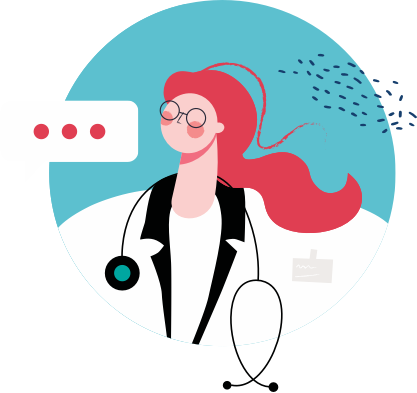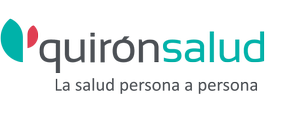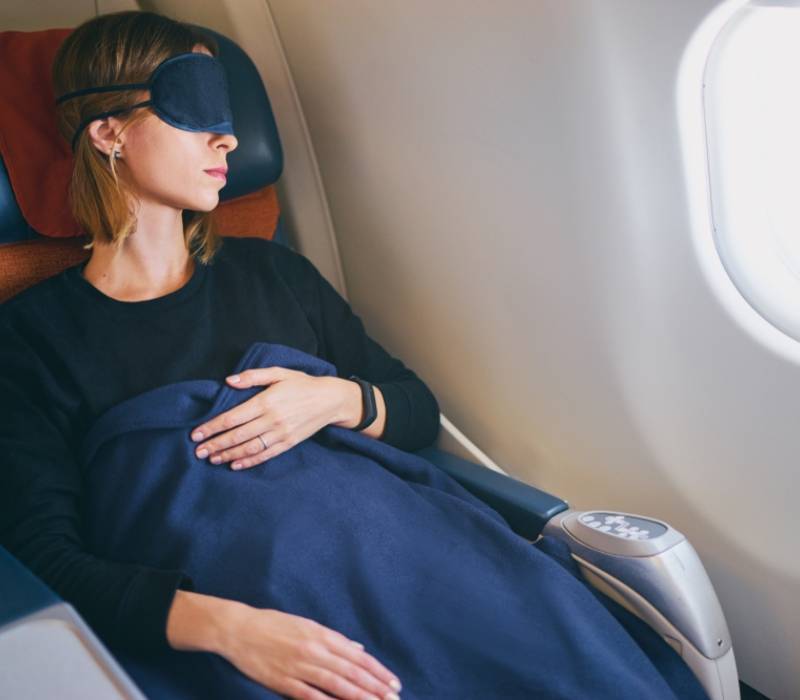Occupational medicine
Find out what the speciality of occupational medicine involves and the main diseases it treats. We tell you who it is aimed at, what the most common procedures are and what the consultation involves. Book your appointment at one of our hospitals.

What is occupational medicine?
Occupational medicine deals with the effects of work on health. Its main goal is to train staff to perform their duties safely, and to prevent workplace injuries and diseases.
In addition, occupational doctors provide treatment for injuries and offer recommendations on how to adapt workplaces to the health needs of individuals.
What does occupational medicine study?
Occupational medicine focuses on the study of injuries and diseases that occur as a result of performing particular work. This speciality is divided into five main areas:
- Preventive medicine: aimed at avoiding injuries during the performance of work. It provides recommendations on how work should be carried out and the characteristics that work areas should meet. It also carries out health examinations to help determine possible pathologies and risk of disease among employees.
- Assistance medicine: treats employees who have suffered a workplace accident or disease.
- Forensic medicine: assesses the events, injuries and state of health of patients to determine whether or not their pathology has been caused by their work performance.
- Management medicine: dedicated to planning and organising occupational health and safety.
- Teaching and research medicine: focuses on finding new work performance methods and, more specifically, on training workers in occupational health and safety.
Which patients is it for?
Occupational medicine targets company workers, training them in how to perform their work safely and treating them in the event of a workplace accident or disease, regardless of their age, sex or the existence of previous pathologies.
Techniques, procedures and diagnostic methods
Occupational medicine procedures are similar to those of primary care, as their main mission is prevention. That is why medical examinations and basic tests are the most commonly used methods in this speciality:
- Regular check-ups: to assess the health of workers and evaluate how the performance of their work influences their condition.
- Electrocardiogram: a procedure that records heart activity and allows early identification of heart problems.
- Spirometry: a technique for testing lung function by studying the volume and rhythm of air in the lungs.
- Blood and urine tests: study of samples to check the worker’s state of health. Helps detect hypercholesterolemia, anaemia, infections or kidney stones.
- Audiometry: used to assess hearing capacity and checks perception of sounds varying in pitch, intensity and balance.
Diseases and symptoms
Main pathologies and diseases
Some of the most common occupational diseases are:
- Skin cancer
- Herniated discs
- Atopic dermatitis
- Lumbago
- Work-related stress
- Carpal tunnel syndrome
- Mental illnesses
- Skin eczema
- Skin infections
Related symptoms
The most common symptoms in an occupational medicine consultation are:
- Headache
- Dyspnoea
- Asthenia
- Lumbago or low back pain
- Fever
- Dry cough
- Muscular contracture
- Extreme tiredness
- Muscular pain
About the occupational medicine consultation
We solve any doubts you may have before you see the specialist
As a general rule, companies request medical tests for their workers, who are obliged to go for a consultation before starting their position and, subsequently, for annual check-ups.
Occupational doctors usually see workers who have suffered a workplace accident or disease related to their occupation in order to monitor their development and offer treatment.
What should you keep in mind?
In routine examinations, the doctor takes the patient’s history and asks about family history and lifestyle habits. In these cases, a familiarity with the workplace is important in order to be aware of the risks to which the patient is exposed. After this exchange of information, the doctor will carry out a physical examination to check the condition of the bones, the spine and the patient’s ability to react.
Afterwards, various routine tests including an electrocardiogram, audiometry, spirometry, blood and urine tests may be carried out.
What should I take to the appointment?
We recommend that you bring the latest tests, especially if they have been carried out recently, and a list of symptoms that you have noticed and that may be related to the characteristics of the job.
You may receive a questionnaire a few days before your appointment asking about your medical history, usual medication and other specific questions that will allow us to anticipate certain aspects of your consultation, helping us to expedite and personalise your care. To do this, we recommend that you download the free Quirónsalud Patient Portal application, which will facilitate communication with your healthcare team.

If you have any further questions, please contact us through the Patient Services telephone number: 900 301 013









